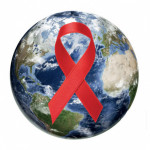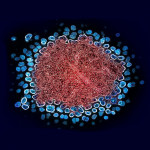If at first you don’t reach an undetectable viral load, try, try again. That’s one of the messages of a recent modeling study looking at viral suppression over time in a group of 14,261 cisgender men, transgender women and cisgender women treated at Centers for AIDS Research clinics between 2007 and 2017.
At the first visit and then four to six months later, the researchers tracked HIV viral load, anxiety and depression levels, alcohol and drug use, number of sex partners and condom use among clients at clinics in Baltimore; Birmingham, Alabama; Boston; San Diego; San Francisco; Seattle; and Chapel Hill, North Carolina.
The longer people stayed in care, the more likely they were to have an undetectable viral load and the less likely they were to transmit HIV. If people with HIV maintain an undetectable viral load by taking their medications, they do not transmit the virus. So as overall rates of viral suppression rose from 76% overall to 85% overall, the risk of transmitting HIV dropped from 0.83 per 100 people at the start of the study to 0.38 per 100 people by the end of the period.
Interestingly, the researchers also found that if people stayed in care, then depression, anxiety and drug and alcohol use all dropped. Depression fell from 51% of participants at the start to 46% at the end.







Comments
Comments